HS-LS2-1
Use mathematical and/or computational representations to support explanations of factors that affect carrying capacity of ecosystems at different scales.
-
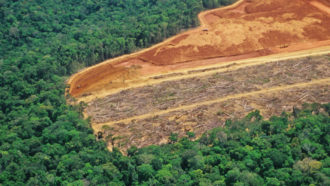 Ecosystems
EcosystemsCan people protect as much space as nature needs?
To save biodiversity, nations are drafting a plan to protect 30 percent of Earth by 2030. Up for debate is how best to do that.
-
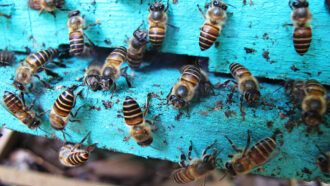 Animals
AnimalsHoneybees fend off deadly hornets by decorating hives with poop
Bees usually collect pollen and nectar. Scientists were surprised to find that Asian honeybees also gather animal dung to defend their hives.
By Asher Jones -
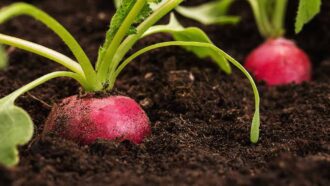 Plants
PlantsHow to grow your own science experiment
Does fertilizer help plants grow better? You might expect it to, but how can you know? This experiment will help you test it yourself.
-
 Oceans
OceansAnalyze This: Shipwrecks provide a home for bottom-dwelling fish
Fish have found a habitat in a submarine and freighter that sunk to the seafloor during World War II.
-
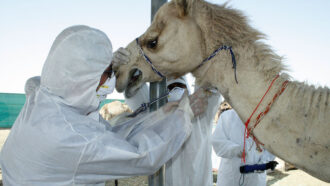 Health & Medicine
Health & MedicineWhen physicians and veterinarians team up, all species benefit
When doctors for people and those for animals share their expertise, they can discover new ways to take better medical care of all species.
By Liz Devitt -
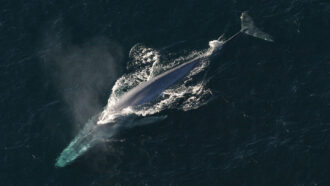 Animals
AnimalsWhales get a second life as deep-sea buffets
When a whale dies and sinks to the seafloor, it becomes a feast for hundreds of different types of creatures.
-
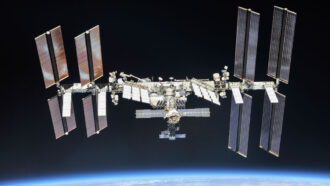 Life
LifeIf bacteria stick together, they can survive for years in space
Tiny clumps of bacteria can survive at least three years in outer space. This raises the prospect of interplanetary travel by microbial life.
-
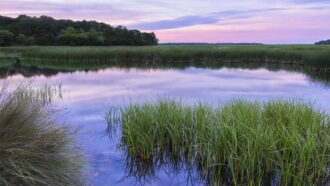 Ecosystems
EcosystemsSoggy coastal soils? Here’s why ecologists love them
Coastal wetlands can protect our shores from erosion, flooding and rising sea levels.
-
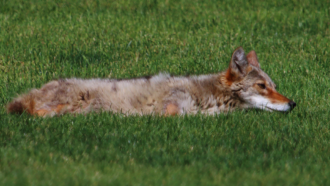 Animals
AnimalsAre coyotes moving into your neighborhood?
How do coyotes survive in New York City, Los Angeles and Chicago? Researchers and citizen scientists are working together to find answers.
-
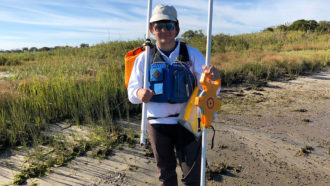 Science & Society
Science & SocietyFor teens, big problems may lead to meaningful research
Several teens who competed at the Regeneron Science Talent Search applied their STEM know-how to solve problems they or their communities faced.
-
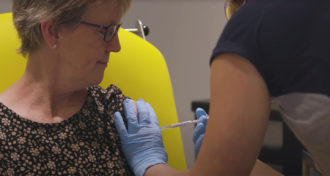 Health & Medicine
Health & MedicineNew COVID-19 vaccines show promise in people
Early data from human trials show that several candidate COVID-19 vaccines produce virus-inactivating antibodies and immune cells that fight the virus.
-
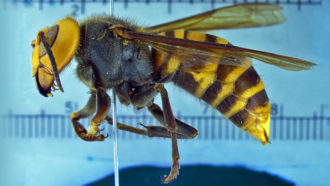 Animals
AnimalsWhat you need to know about ‘murder hornets’
Two new specimens of the world’s largest hornet have just turned up in the United States. Here’s what to make of them and other alien-hornet invaders.
By Susan Milius